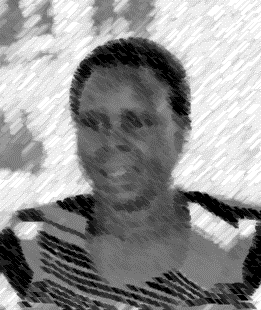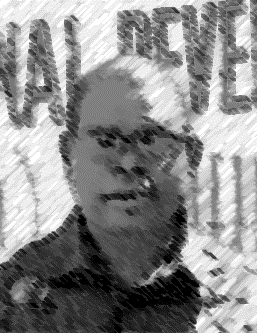10.1 Planning a teaching session
When you plan a teaching session you need to ask yourself the following questions:
- What is the purpose of the session?
- Who will be attending the session and what is their previous experience?
- What strategies will I use to achieve the chosen purpose(s)?
- How will I engage the participants?
- How will I incorporate opportunities for them to discuss the topic matter?
- What activities will I ask them to do?
- How will I know whether the objectives of the session have been met?
The case study below shows how one lecturer organised group work in her teaching session. Read the case study before doing Activity 10.1.
Case study 10.1 Organising group work
Grace was teaching the Sociology of Education. She had been encouraged by a colleague to use the TESSA OER in her teaching but found nothing on teaching sociology. However, she realised that the Key Resources might be helpful and decided to try using group work.
The syllabus included knowing about the work of five different sociologists. She has a group of 50 students and decided to create ten groups, asking each to research the work of one sociologist using textbooks and the college computers. Some students used their phones to do the research. She provided each group with a set of questions covering the information they needed to collect. While they were working, she explained that they all needed to become experts and checked that they were answering the questions correctly and in the right amount of detail.
In the next session, she re-grouped her students so that each group had one ‘expert’ on each sociologist. Each person was given ten minutes to teach the rest of the group about that sociologist. Again, Grace went around the groups, listening and asking some questions in order to ensure that the main points were covered.
Activity 10.1: TESSA teaching strategies in a seminar
This activity provides a model on how to use TESSA teaching strategies in your face-to-face seminars.
Part 1
Read the Case Study 10.1 and discuss how you might try something similar in your own teaching. In the second session, Grace could have kept four of the groups the same and asked the ‘experts’ on one of the sociologists in the fifth group to act as envoys and visit another group in order to share their information. Each group takes a turn at acting as envoys.
Part 2
Read the vignettes below. They describe how other teacher educators have used TESSA OER in their own teaching.
Part 3
Look at the TESSA Key Resources and download three resources that would be helpful to you. Work together in pairs to plan some activities that you could use in your teaching sessions next week.
 | “I use the case studies in the TESSA module sections extensively. They are like a film of a real activity in the classroom, showing how the key point can be enacted in practice. It really speaks to the teacher. I use the case studies a lot in my seminars. We use them as starting points for discussions or for brainstorming strategies to teach in different ways.” |
“I have used some case studies as the starting point for drama. We have even acted the lesson described in the case study as a starting point for microteaching.” |  |
 | “I find it very important to make sure there is some time available for student teachers to ask any questions they have about anything, and particularly the reflective reports and the plenary discussion. I am also very aware that the environment during the seminar is relaxed so that all can express themselves and ask these questions. I have found quite a few ideas in the Life Skills section of TESSA. The materials help to refresh my memory and give me some practical ideas which are easily adapted to working with my student teachers.” |
Tool 10: Improving your own teaching



